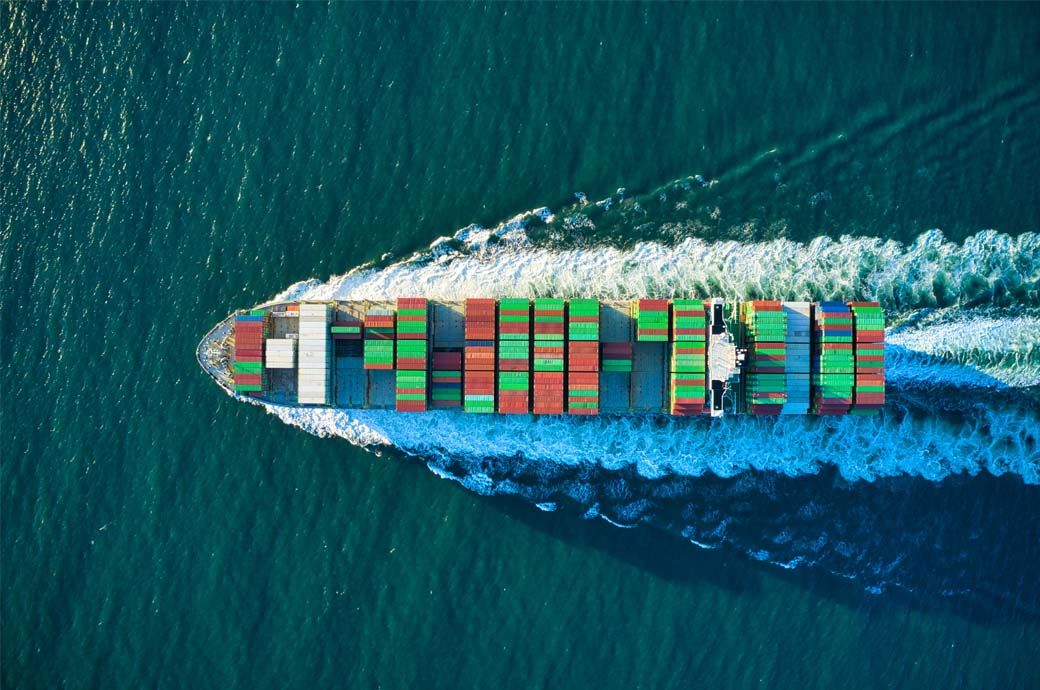
International shipping accounts for approximately 3 per cent of global greenhouse gas (GHG) emissions each year. The industry currently relies on inexpensive energy-intensive fuels, so to meet decarbonisation goals; globally coordinated innovation needs to take place across the entire maritime value chain, from the ships to the future zero-emission fuels they will rely on, and the infrastructure that will supply them.
Recently, the US co-led, Mission Innovation: Zero-Emission Shipping Mission (ZESM), an international collaboration among countries, the private sector, research institutes and civil society, announced updated goals to accelerate the maritime decarbonization transition by 2030. These goals include increasing the number of large international ships running on zero-emission fuels by 2030 from 200 to 600 vessels; adopting an annual fuel production goal of 16 million metric tons of heavy fuel oil equivalent (on an energy basis) zero-emission fuels by 2030; and increasing the number of key ports offering zero-emission bunkering from 10 to 20, the department said on its website.
“As we move to fully decarbonise the global maritime sector by 2050, we need to ensure we are receptive to new information in this ever-changing landscape,” said Michael Berube, deputy assistant secretary for sustainable transportation and fuels at EERE. “With this in mind, I am very excited that the Zero Emission Shipping Mission has re-evaluated and adjusted our 2030 milestones to further align them with mission member assessments and the revised International Maritime Organisation goals.”
Domestically, DOE spearheads the interagency development of the US Maritime Decarbonisation Action Plan and funds research and development to reduce maritime transportation sector GHG emissions. Industry and stakeholder engagement is essential to continuing US leadership. To propel this work, the DOE’s Office of EERE has announced a memorandum of understanding (MOU) between EERE and the ABS. This MOU will further clean energy development and decarbonisation of the maritime industry. This MOU facilitates open engagement, information sharing, and collaborative research on US maritime transportation decarbonisation strategies in the areas of US Delegation to the Zero Emission Shipping Mission, US Maritime Decarbonisation Action Plan, Analysis for Low Carbon Intensity Energy in the Maritime Shipping Domain Analysis for Low-and Zero-Emission Fuels/Electrification Implementation for Vessels and Port Operations.
Outside of Mission Innovation, DOE, in collaboration with the US State Department and the Maersk Mc-Kinney Moller Centre for Zero Carbon Shipping, is leading the Green Shipping Corridor Initiation Project including partnerships with Panama, Namibia, and The Pacific Blue Shipping Partnership.
Fibre2Fashion News Desk (RR)